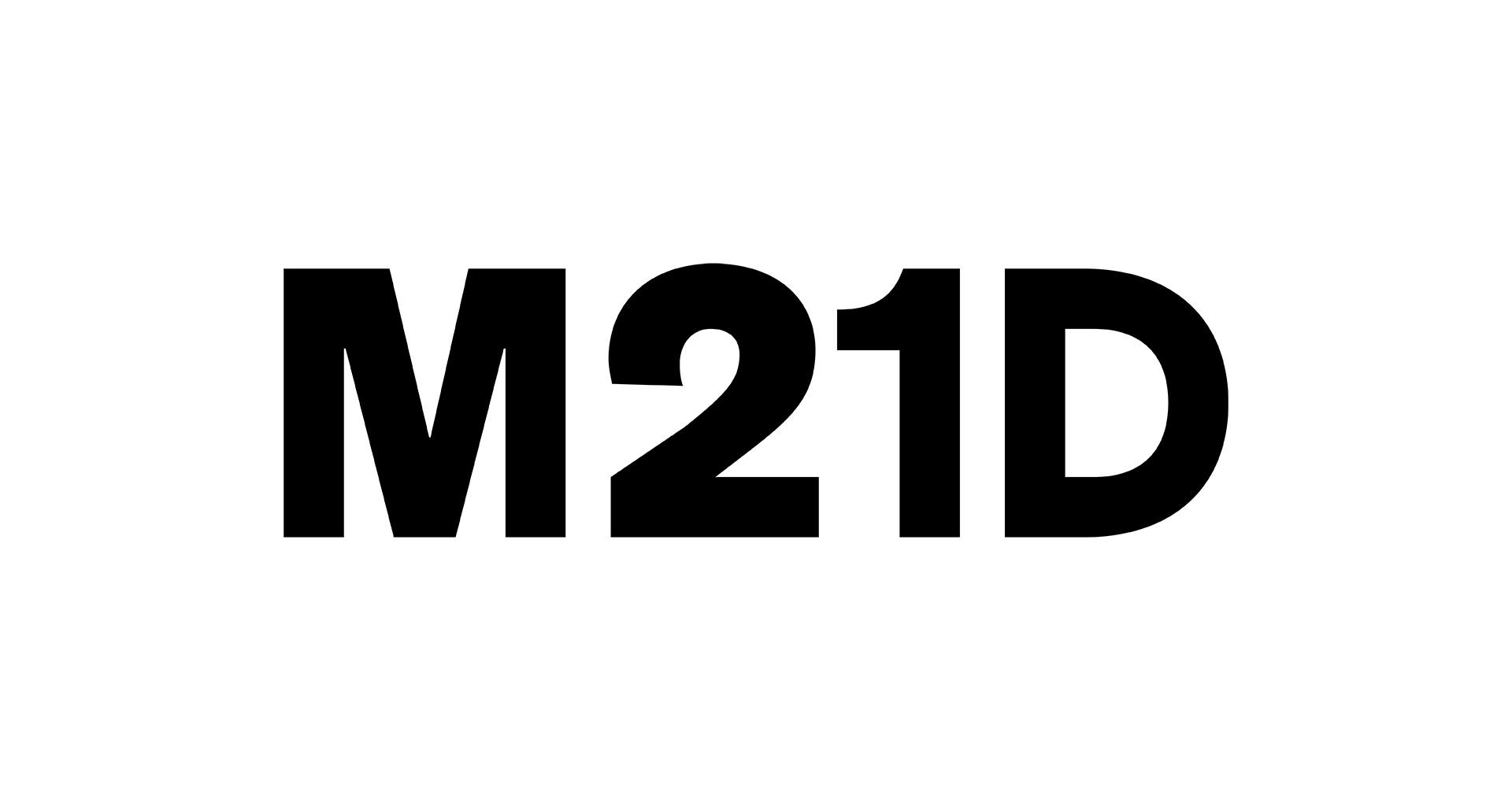The Yes Men

Image credit: The Yes Men
Materials
Various materials including websites, press releases, newspapers, and films
Labor
Ongoing research into internal dynamics of of those working on The Yes Men projects
Creators
Started by Andy Bichlbaum and Mike Bonanno
Uses
Highlighting prevalent social issues using unexpected and unusual tactics.
Access
Ongoing research into the demographics that benefit from the actions of The Yes Men
Equality
Ongoing research into the impact of The Yes Men projects on social hierarchies
Life cycle
Ongoing research into the environmental impact of the actions of The Yes Men
Do you have something to add? Let us know! info@m21d.org
Origins of The Yes Men
The Yes Men, a project started by Andy Bichlbaum (a pseudonym for Jacques Servin) and Mike Bonanno (a pseudonym for Igor Vamos) in 1999, spotlights prevalent social issues using unexpected and unusual tactics. The Yes Men states that it works to “destroy brands, create public illusions, work with communities, disrupt events, and impersonate nefarious entities — in order to bring attention to critical issues, cheerlead activists, and, sometimes, galvanize communities into more action. We also teach remedial reading.” The group opposes consumerism, oil companies, and Republican politicians. Its overall concern is that corporations and governmental organizations act in dehumanizing ways toward the public.
Culture Jamming
The group describes its activities as “culture jamming,” which is a form of disruption that plays on the emotions of viewers using the paradigms of mainstream media. For example, it hosts fake news conferences, publishes fake press releases and websites, and calls into talk shows as political figures. This is a tactic it refers to as “identity correction”: impersonating entities it disagrees with and, in its impersonation, making the entity act differently. It uses the visual designs of specific brands and formatting conventions of publication types to ground these impersonations in actual power structures and surface the role that presentation plays in maintaining them. The group deploys parody and irony because it believes that lies can expose truth.
One of its first activities to gain international attention was a satirical campaign website dedicated to George Bush. The site, gwbush.com, went live during the 2000 presidential election. The website typifies 1990s web design: black background, inconsistent fonts, pixelated images, unrealistic photo manipulation, and flashing lights.

The copy includes caustic language and links to fake press releases, interviews, and policy statements. The group wanted the site to reveal hypocrisies it saw in Bush. Terry M. Neal wrote about the site in the Washington Post, describing it as outlandish, obviously fake and, needless to say, not the official Bush campaign website.
Neal recorded Bush’s reaction to the site: “When asked at a news conference in May what he thought about the site, Bush let loose, saying it was produced by a ‘garbage man’ and suggesting that ‘there ought to be limits to freedom’—a line Bush's online critics have vowed to never let the world forget.” The Federal Election Commission investigated the site after Bush’s team filed an official complaint. At a time of many such sites, it was Bush’s reaction that made this parody site the one that people remember. In Texas, Wayne Slater wrote for The Dallas Morning News that the complaint was dropped due to a technicality. “Sites that are strongly critical of candidates but do not urge voters to take action are exempt from federal rules.”
Alternative Headlines in 2019
Some of The Yes Men’s most impactful actions have involved its “identity correction” of trusted institutions rather than individuals. For example, one of its most recent works came on January 19, 2019, when it produced parody editions of the Washington Post in Washington, D.C. The parody resembled the original in type, layout, and journalistic conventions. The only difference came in the form of content. Dated May 1, 2019, the parody edition's headline read "UNPRESIDENTED" and the lead article described then-president Donald Trump's resignation from the office after a period of unrest. The companion website also mimicked the Washington Post website.

Image courtesy of the Way Back Machine.
Pictures of the print and digital campaign, initial responses, and interviews with participants were recorded by Jack Crosbie in Splinter News. Crosbie reports that the organizers said the main goal was to “offer a vision of an alternative world that is rooted with what’s happening on the ground,” and to encourage people who haven’t “thought of themselves as political” or being on the “front lines of the resistance” to keep protesting, organizing, and acting.
The Yes Men's Current Focus on Education
The Yes Men now partner with other organizations and students to carry out these forms of “laughtivism” (laughing people doing evil things into oblivion to save the world). The organization puts most of its resources into empowering other “trickster activists” to adopt and adapt these strategies. It has also produced three films (The Yes Men (2003), The Yes Men Fix the World (2009), and The Yes Men Are Revolting, 2014).
Concerns and Criticisms
The Yes Men has received criticism, and not only from those it challenges. Others have concerns that the group focuses on enacting shallow stunts that don’t enact actual and persistent change. The recent exhibit, The Yes Men at Carriage Trade Gallery in New York and curated by Peter Scott, has sparked renewed concerns. Seph Rodney carefully walks through those concerns for Hyperallergic.
The Yes Men and M21D
We’ve added The Yes Men into our design study collection for its early adoption of new media methods, direct action, and unusual strategies. Its focus on education and distribution is of particular interest. The group falls within the museum’s definition of design as a physical manifestation of intent; Bichlbaum and Bonanno designed the group, its tactics, and many individual implementations.
